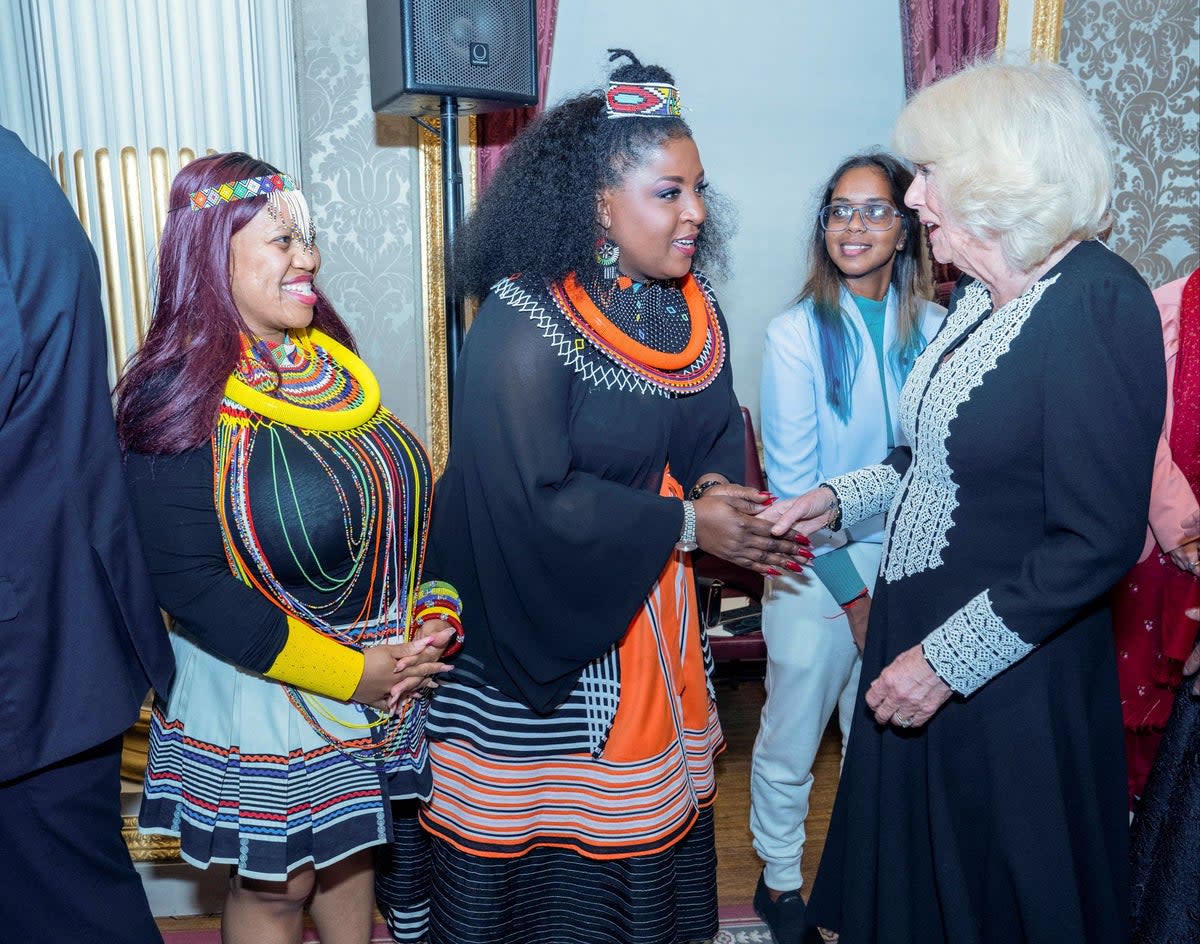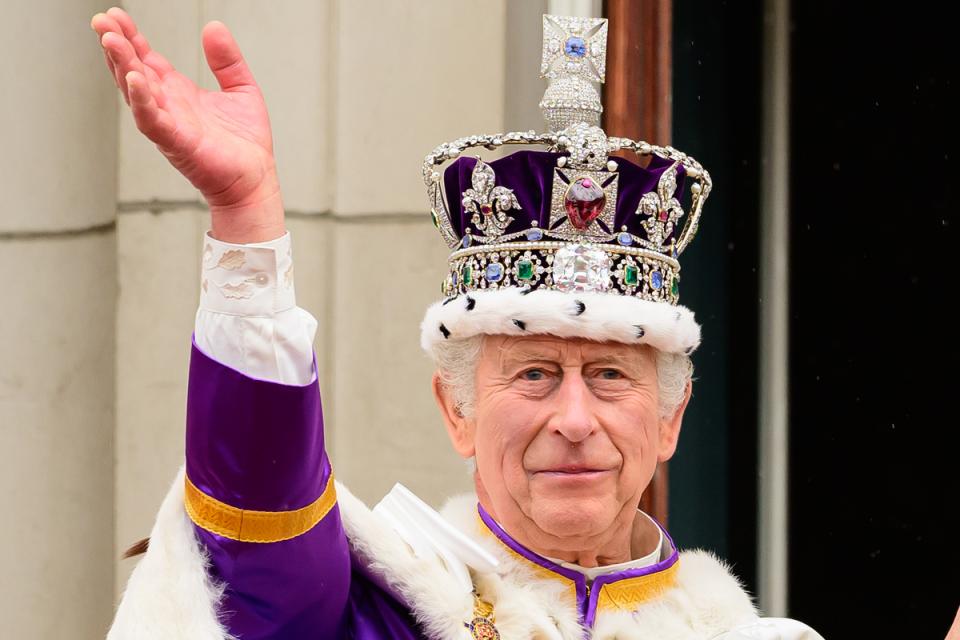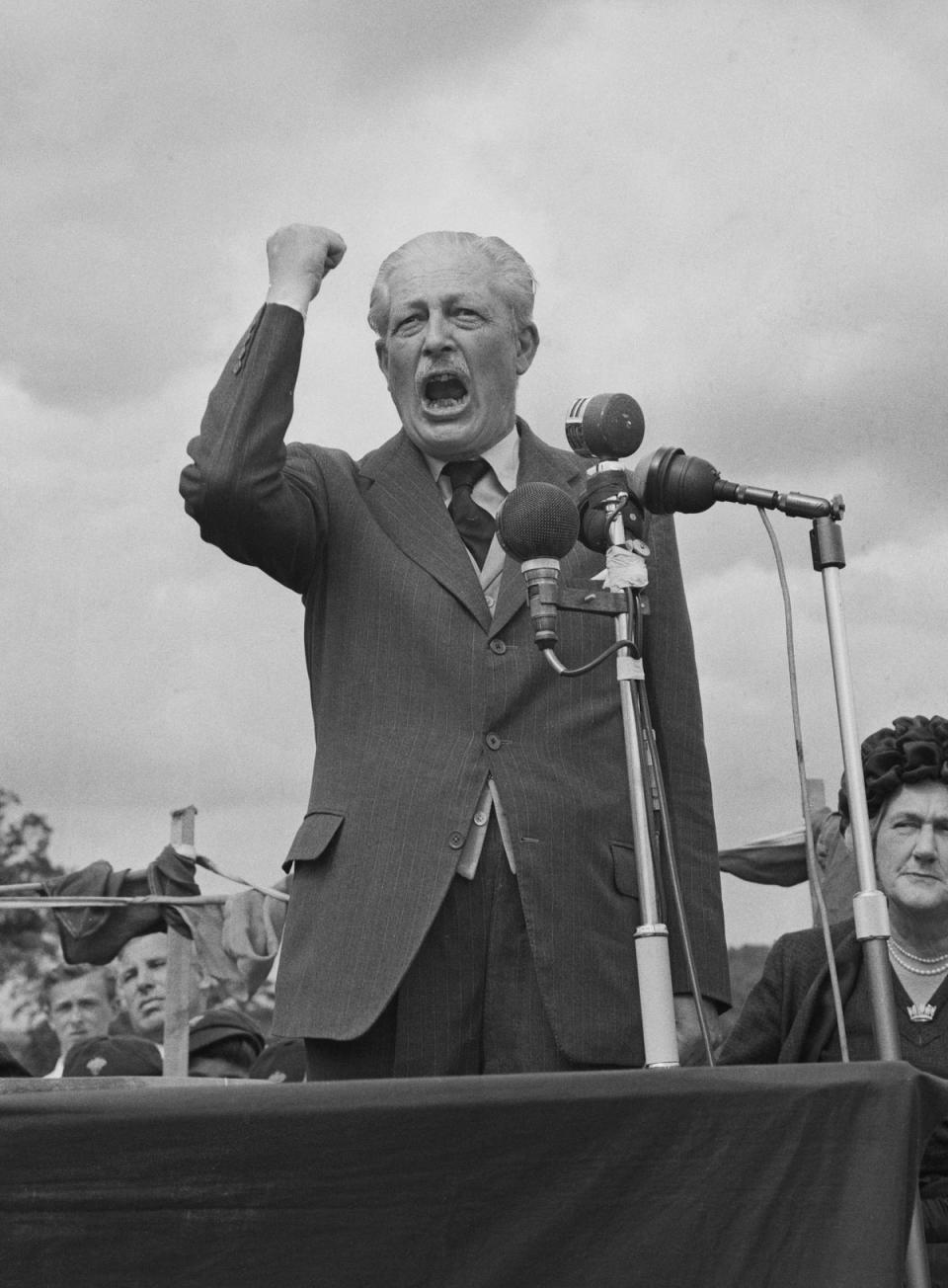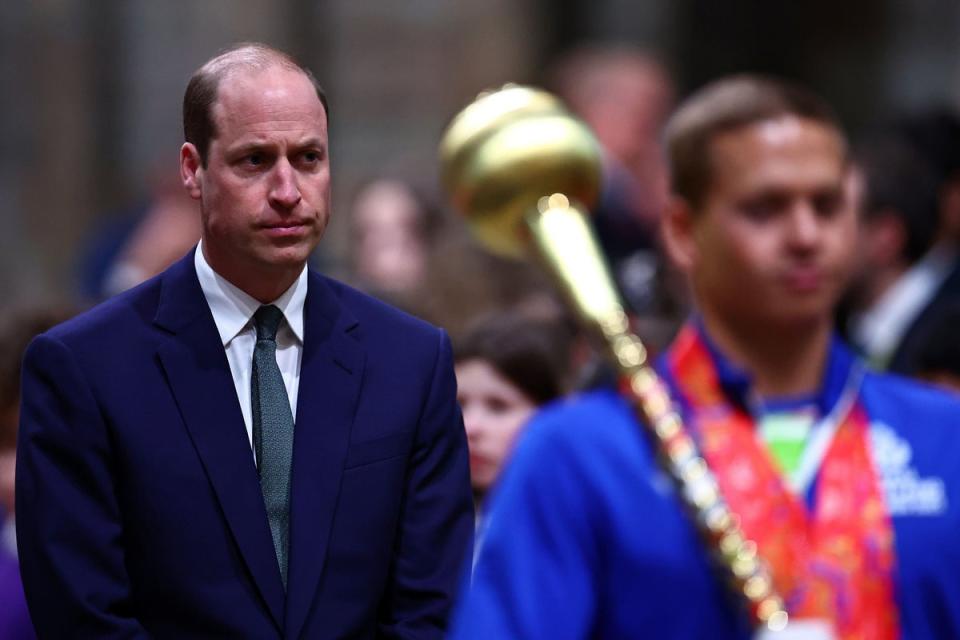What is the Commonwealth as its 75th anniversary approaches?

Although Commonwealth Day is in March, another major related event is now just days away.
This Friday (April 26) will mark 75 years since the Commonwealth was created and the London Declaration was signed.
In the last seven and a half decades, people in Africa, Asia, the Caribbean and Americas, the Pacific, and Europe have celebrated the Commonwealth union annually.
The London Declaration has also helped to foster cooperation and collaboration worldwide while helping communities to connect beyond their borders.
As we look toward this week’s significant milestone, here’s everything you need to know about the Commonwealth and Commonwealth Day.
What is the Commonwealth?
The Commonwealth of Nations, generally known as the Commonwealth, is a political association of 54 member states — almost all of which are former colonies of the British Empire.
Formed in 1949, it includes about 2.6 billion people and makes up a quarter of the world’s land mass.

Member countries have no legal obligations to one another but are connected through their use of the English language and historical ties as former colonies. Their stated shared values of democracy, human rights, and the rule of law are enshrined in the Commonwealth Charter and promoted by the Commonwealth Games, which take place every four years.
Queen Elizabeth was the longest-reigning head of the Commonwealth, with King Charles automatically taking the position after she died in September 2022.
Why was the Commonwealth formed?
The Commonwealth has its roots in the British Empire.
Over time, different countries within the British Empire gained varying levels of freedom from Britain. Semi-independent countries were called dominions. Leaders of the dominions attended conferences with Britain from 1887.
The Imperial Conference was held in 1926, with leaders of Australia, Canada, India, the Irish Free State, Newfoundland, New Zealand and South Africa attending. At the conference, Britain and these dominions agreed that they were all equal members of a community within the British Empire. This community was called the British Commonwealth of Nations.
As more and more countries gained independence from the British Empire, at the Commonwealth Prime Ministers Conference in London in 1949, it was decided that republics and other countries could be part of the Commonwealth. Thus, the London Declaration created the modern Commonwealth of Nations.
Since 1949, independent countries from Africa, the Americas, Asia, Europe, and the Pacific have joined.
What is the history behind Commonwealth Day?
Originally known as Empire Day, Commonwealth Day was established in 1902 to honour Queen Victoria the year after she died.
However, a day that would “remind children that they formed part of the British Empire” was conceived in Canada in 1897.
Empire Day wasn’t officially recognised until 1916, having been celebrated unofficially in Canada for 14 years. It took another 10 years for its popularity to grow. In 1925, an Empire Day Thanksgiving celebration at Wembley Stadium drew around 90,000 peopl;e.
In 1958, the then-prime minister Harold Macmillan rebranded Empire Day as Commonwealth Day.

The first Commonwealth Day was celebrated on May 24. However, in 1966, the date was changed to the second Monday in March to avoid conflicts with the UK's May Day bank holiday.
The new date also coincided with the anniversary of the independence of India and Pakistan, two significant former British colonies.
What happened on Commonwealth Day this year?
The 2024 Commonwealth Day theme was “One Resilient Common Future”. The event was on March 11.
There was a multi-faith service at Westminster Abbey and a reception to welcome Commonwealth representatives. King Charles, who is undergoing treatment for cancer, did not attend.
While the main events were held on March 11, several other celebrations, including faith and civic gatherings and flag-raising events, happened throughout the month.

The Commonwealth secretary-general, Patricia Scotland, said of the day: “This year's theme underscores the collective strength that enables us to confront and overcome present challenges, emerging with resilience. This paves the way for a future where wealth isn't just widespread but genuinely equitable."
"We have countries which are amongst both the smallest and largest in the world. What binds us together is our shared values, and those include a commitment to ensuring stronger and stable governance, a more sustainable environment, robust economies, and societies that empower Commonwealth citizens.”

 Yahoo News
Yahoo News 
